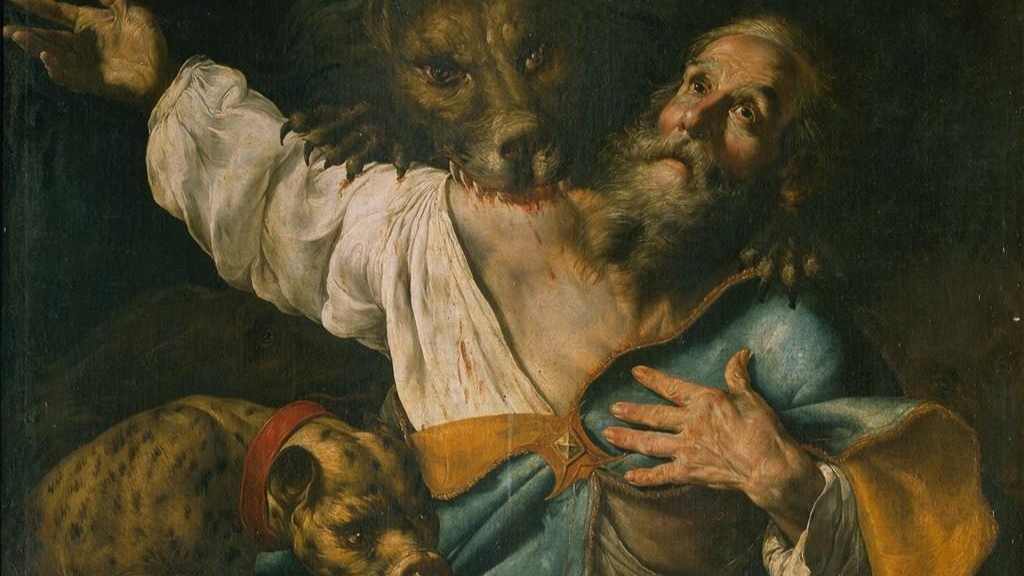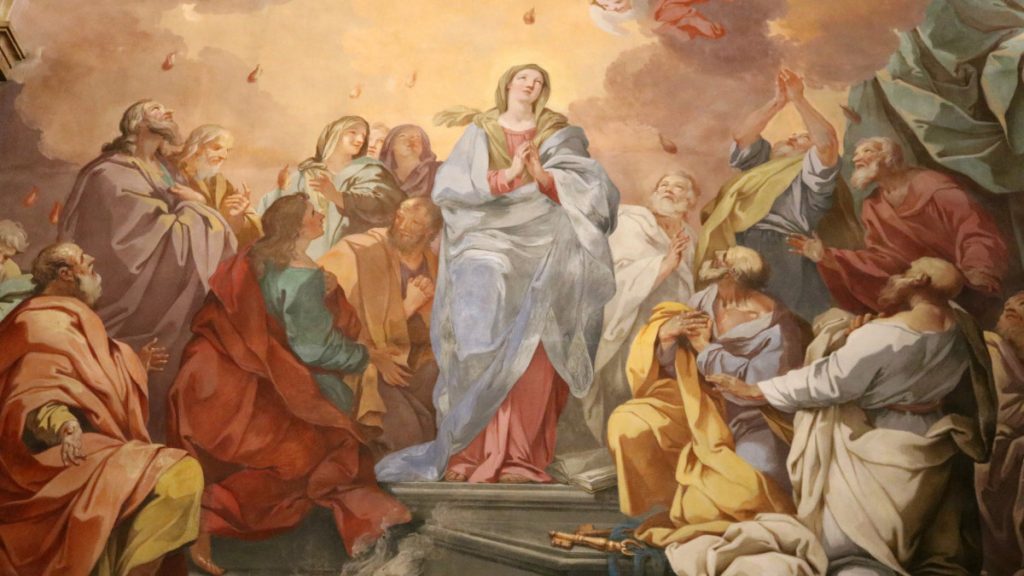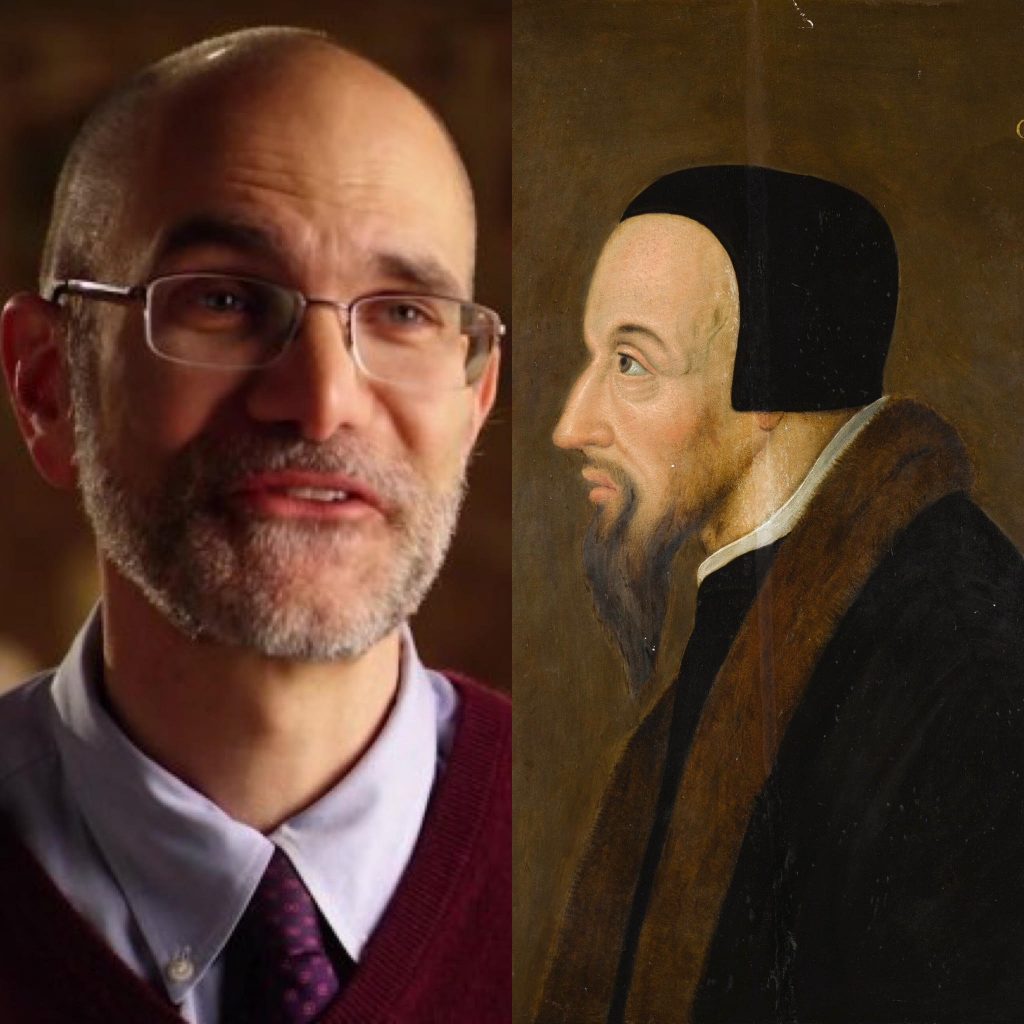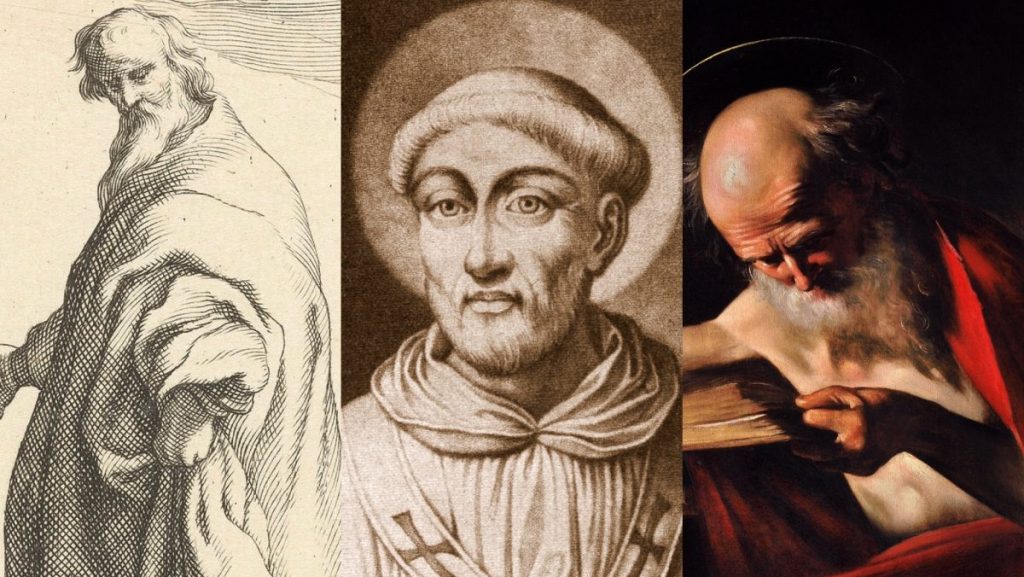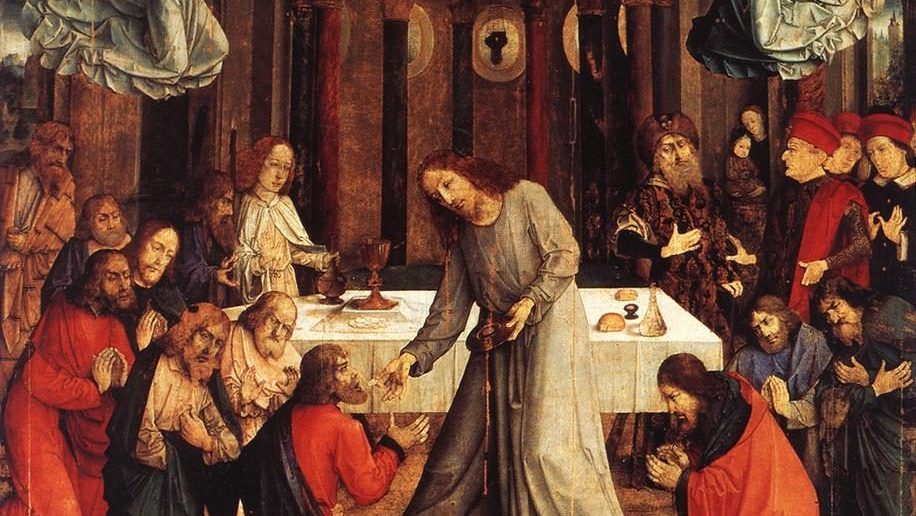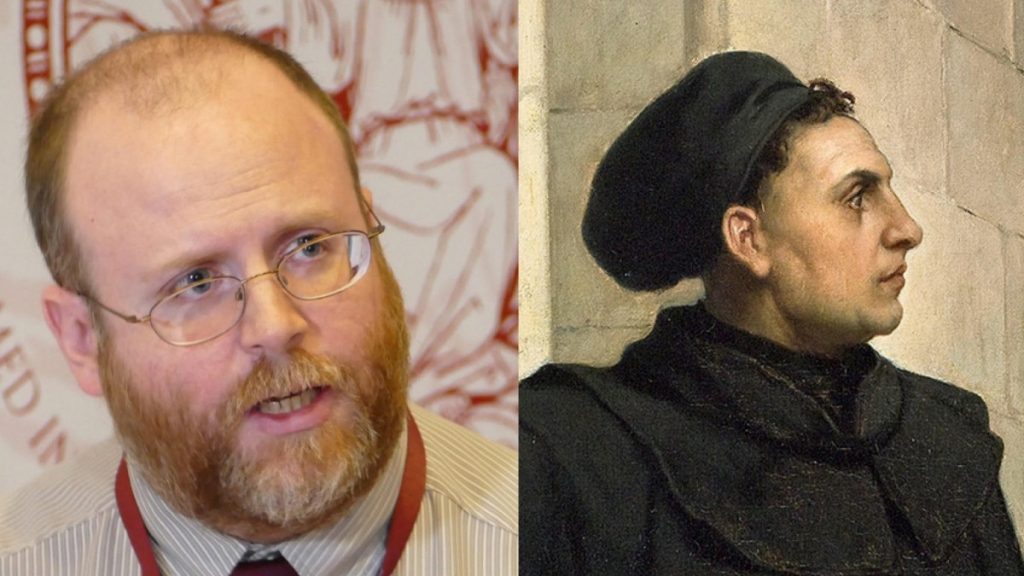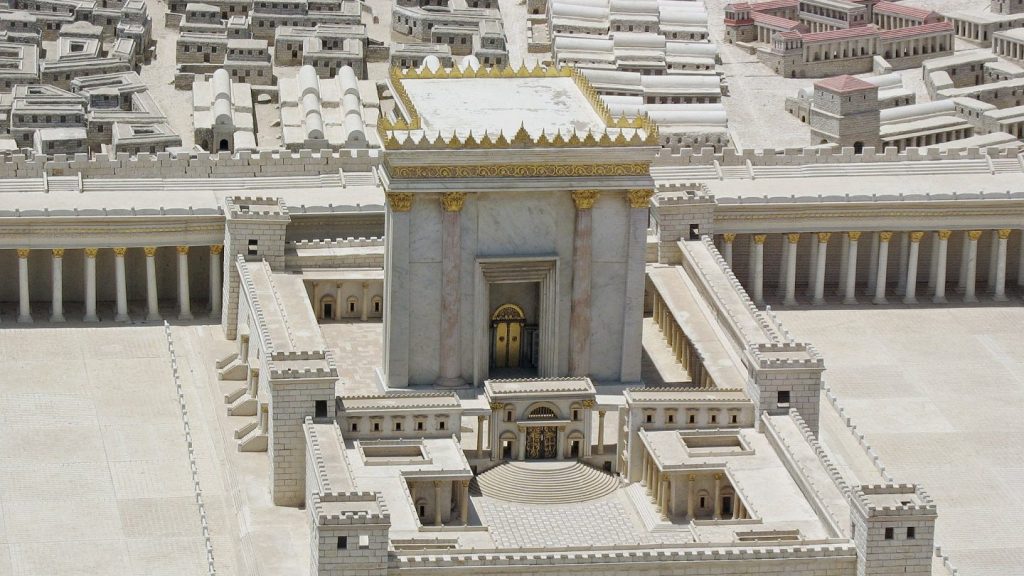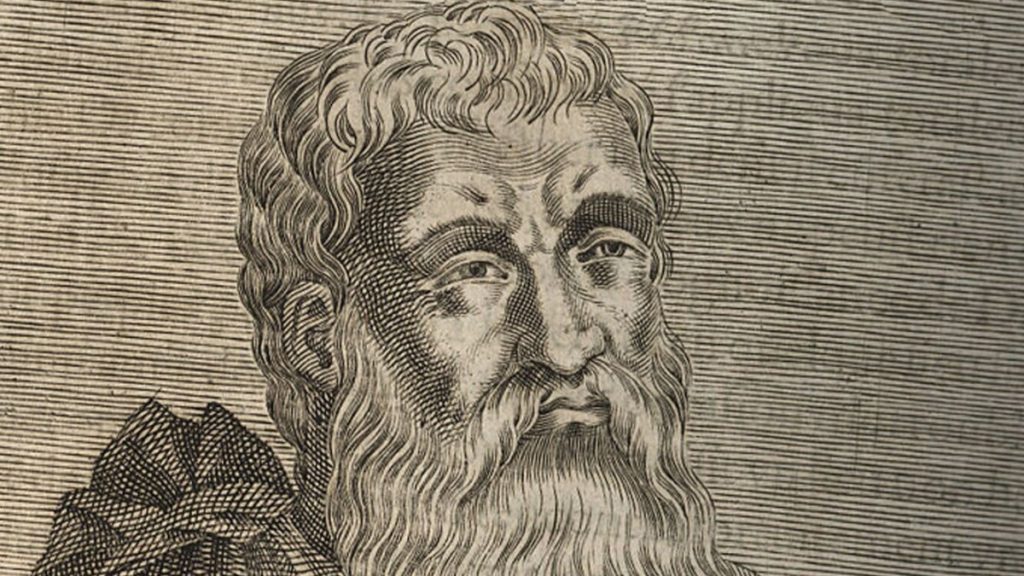(Updated July 17, 2025)
This Author Quote Archive collects pertinent quotes from the Church Father, St. Hilary of Poitiers.
Next to each quote are the Topic Quote Archives in which they are included.
This Quote Archive is being continuously updated as research continues. Quotes marked with “***” have not yet been organized into their respective Topic Quote Archives.
Treatises
St. Hilary of Poitiers, On the Trinity (c. 356-360)
But I trust that the Church, by the light of her doctrine, will so enlighten the world’s vain wisdom, that, even though it accept not the mystery of the faith, it will recognize that in our conflict with heretics we, and not they, are the true representatives of that mystery. For great is the force of truth; not only is it its own sufficient witness, but the more it is assailed the more evident it becomes; the daily shocks which it receives only increase its inherent stability. It is the peculiar property of the Church that when she is buffeted she is triumphant, when she is assaulted with argument she proves herself in the right, when she is deserted by her supporters she holds the field. It is her wish that all men should remain at her side and in her bosom; if it lay with her, none would become unworthy to abide under the shelter of that august mother, none would be cast out or suffered to depart from her calm retreat.
But when heretics desert her or she expels them, the loss she endures, in that she cannot save them, is compensated by an increased assurance that she alone can offer bliss. This is a truth which the passionate zeal of rival heresies brings into the clearest prominence. The Church, ordained by the Lord and established by His Apostles, is one for all; but the frantic folly of discordant sects has severed them from her. And it is obvious that these dissensions concerning the faith result from a distorted mind, which twists the words of Scripture into conformity with its opinion, instead of adjusting that opinion to the words of Scripture.
And thus, amid the clash of mutually destructive errors, the Church stands revealed not only by her own teaching, but by that of her rivals. They are ranged, all of them, against her; and the very fact that she stands single and alone is her sufficient answer to their godless delusions. The hosts of heresy assemble themselves against her; each of them can defeat all the others, but not one can win a victory for itself. The only victory is the triumph which the Church celebrates over them all. Each heresy wields against its adversary some weapon already shattered, in another instance, by the Church’s condemnation. There is no point of union between them, and the outcome of their internecine struggles is the confirmation of the faith.
(Book 8, §9) ***
Or, again, since he who plants and he who waters are one, are they not one because, being themselves born again in one baptism they form a ministry of one regenerating baptism? Do not they do the same thing? Are they not one in One? So they who are one through the same thing are one also by nature, not only by will, inasmuch as they themselves have been made the same thing and are ministers of the same thing and the same power.
Biblical Commentaries
St. Hilary of Poitiers, Commentary on Matthew
- Holy Mary, Mother of God | Ch. 1, §4
- End Times | Ch. 25, §§1-4
(Ch. 1, §4)1
And yet some very depraved men take from this the basis of their view that there were many brothers of our Lord as a point of tradition. If there had been sons of Mary who were not rather produced from a previous marriage of Joseph’s, 45 | 46 Mary never would have been transferred to the apostle John as his mother at the time of the Passion, nor would the Lord have said to them both, “Woman, behold your son,” and to John, “Behold your mother” (John 19:26-27), unless perhaps he was leaving his disciple’s filial love in order to comfort her who was left behind.
(Ch. 25, §§1-4)2
(§1) He [Christ] said that it [the Temple] will be entirely destroyed and demolished since the stones of the entire structure would be knocked down [Matt. 24:2]. But an eternal temple is one that is consecrated to be a habitation of the Holy Spirit, that is, the temple is a person who is worthy to become a dwelling for God by knowledge of the Son [1 Cor. 6:19; 2 Cor. 6:16], by confession of the Father, and by obedience to his commandments… 248 | 249
(§2) …All this happened in Jerusalem, just as it had been foretold; the city was consumed—ruined by her stonings, by her expulsions, by her murder of the apostles, by her hunger, by war, and by her captivity. For having rejected the preachers of Christ, she was shown to be unworthy of God’s message and not worthy to exist. 249 | 250
(§3) Then there follows a sign of his [Christ’s] future advent. When they see the “abomination of desolation” standing in the holy place [Matt. 24:15], we should understand his glorious return. Concerning this matter, I think that our comment is superfluous given the teaching of the most blessed Daniel [Dan. 9:27] and Paul [2 Thess. 2:4]. That which is spoken by each writer concerns the times of the Antichrist. He is an “abomination” because he rises up against God by claiming for himself the honor due to God. As the “abomination of desolation,” he is going to render the earth desolate by war and bloodshed in keeping with its sacrilege. Because the Antichrist was received by the Jews, he will stand in the holy place [Matt. 24:15; Dan. 11:31-32] where God used to be invoked by the prayers of his saints and where the Antichrist is received by unbelievers with the same honor with which they venerated God.
(§4) The error of the Jews will be that, having rejected the truth, they adopted a lie. The Lord warns them to abandon Judea and flee to the mountains [Matt. 24:16], lest the violence and contagion of those who will believe in the Antichrist be brought among them. But for all who remain faithful, they will be safer in the deserted places of the mountains than in the busy avenues of Judea.
Footnotes
- St. Hilary of Poitiers, D.H. Williams, trans., The Fathers of the Church, Vol. 125: St. Hilary of Poitiers, Commentary on Matthew (Washington, DC: The Catholic University of America Press, 2012), 45-46. ↩︎
- St. Hilary of Poitiers, D.H. Williams, trans., The Fathers of the Church, Vol. 125: St. Hilary of Poitiers, Commentary on Matthew (Washington, DC: The Catholic University of America Press, 2012), 248, 249-50. ↩︎
